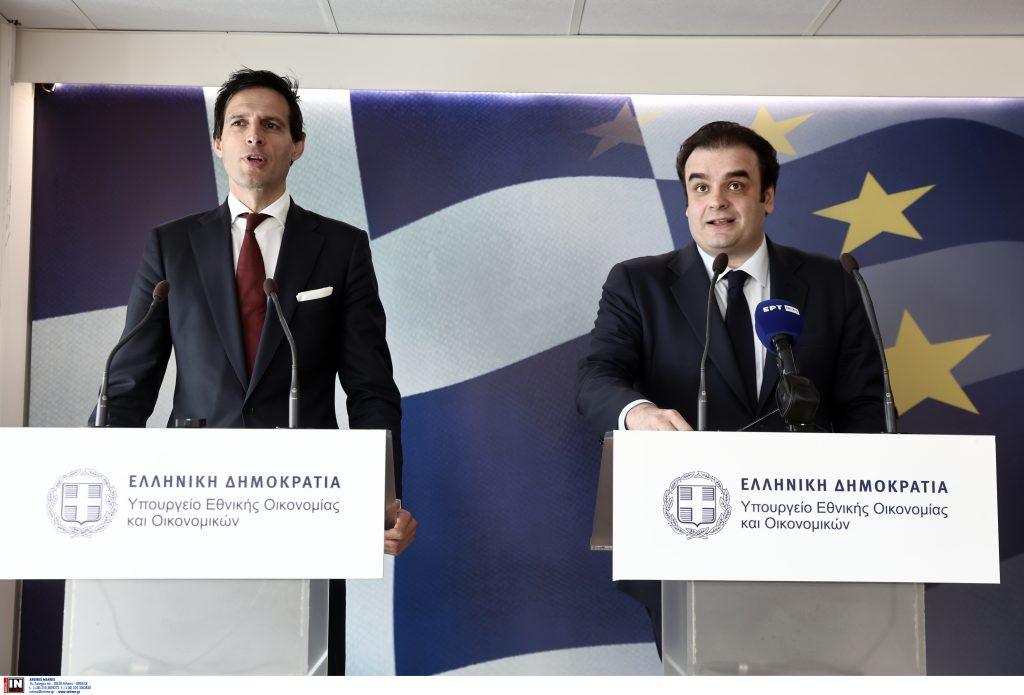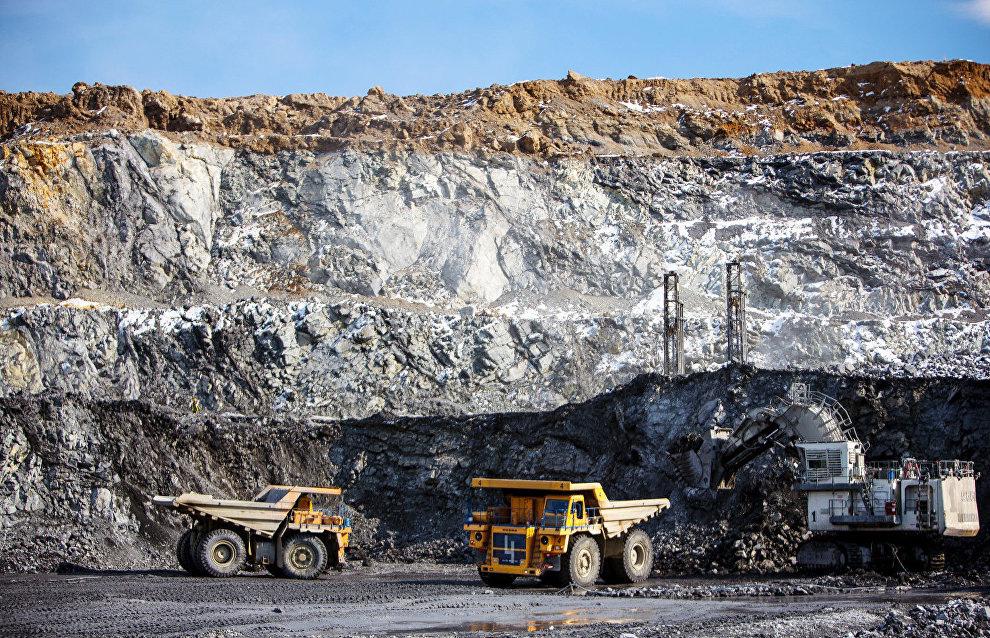Greece has officially entered the race to secure critical raw materials, stepping up efforts that had already begun informally about a year ago. The country’s National Exploration Program for Critical Raw Materials was recently submitted to the European Commission in Brussels, aligning with the EU’s Critical Raw Materials Act.
This legislative framework aims to boost the bloc’s self-sufficiency in critical and strategic raw materials vital for its green and digital transitions.
At the core of this national initiative is a 5.15 million euros research program carried out by the Hellenic Survey of Geology and Mineral Exploration (HSGME), the country’s designated authority.
While fulfilling Greece’s obligations under EU law, the program also reflects a broader ambition to reassess the country’s geological potential focused not on traditional mining targets but on materials considered essential to modern industries and energy technologies.
Greece is intensifying its search for critical raw materials by reassessing existing mining sites across the country. A site in the Rhodope region is being evaluated for antimony, while Pontokerasia in Kilkis—highlighted as a key metallogenic province—is under review for copper and aluminum. On Samos, the Karlovasi area is being explored for lithium and rare earth elements, both deemed critical by the EU.
At the same time, HSGME scientists are examining waste deposits from inactive public mines, particularly targeting rare earth elements. Abandoned sites in Evros and the Eastern Peloponnese have been prioritized in this phase. Meanwhile, potential deposits in Western Lesvos and the Simvolo (Symvolo) Mountains of Kavala are also undergoing detailed investigation.
The multi-phase research, expected to continue through 2027–2028, is financed through funds generated from emissions trading revenues.
Beyond exploration, the program includes an economic and technical reassessment of selected mineral deposits to prepare for future international tenders overseen by the Ministry of Environment and Energy.
Private sector initiatives are also growing. In March, Metlen launched two pilot projects for germanium and scandium—bauxite byproducts—building on earlier work with gallium and turning its Viotia (Boeotia) site into a key hub for critical raw materials.
As the General Director of HSGME stressed, these materials are essential to the energy transition, powering everything from wind turbines to high-tech devices.




